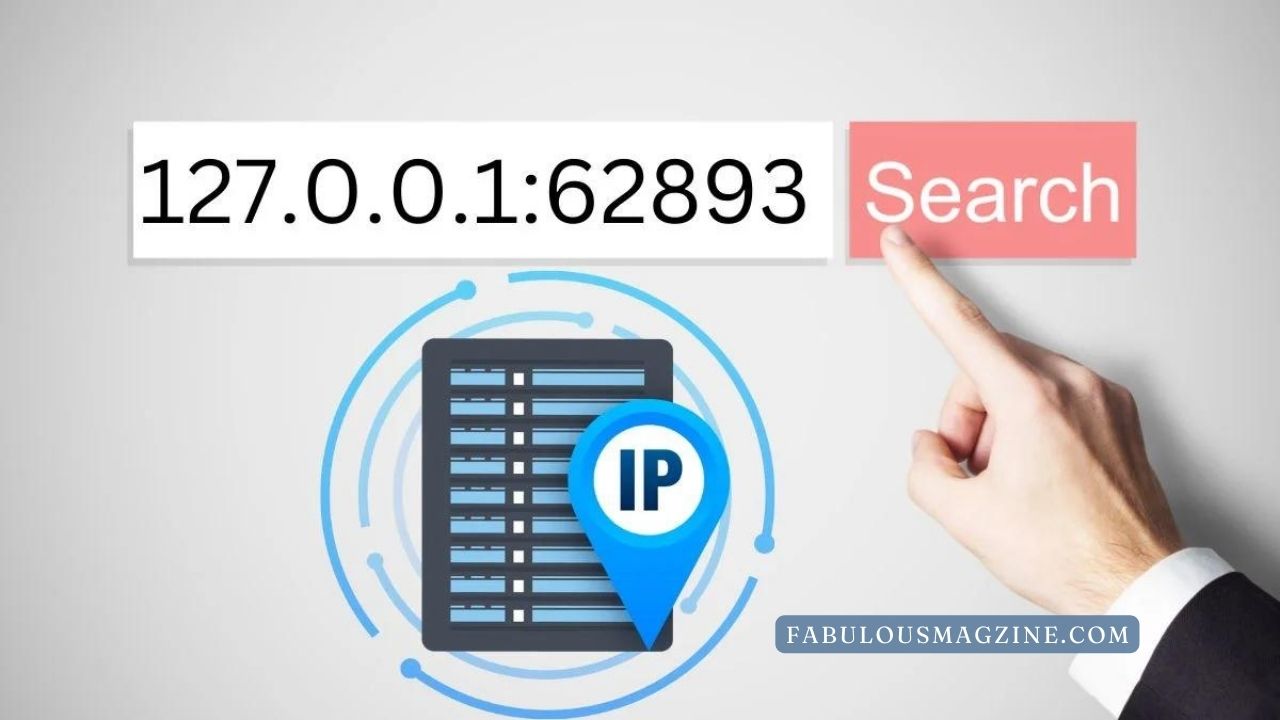Welcome to the enigmatic realm of 127.0.0.1:62893, a digital address that holds more secrets than you might expect. It may appear as just another line of code, but this port number is a gateway into an intriguing world often overlooked by everyday internet users. Whether you’re a tech novice or a seasoned developer, understanding this mysterious IP can empower your online experience and protect you from potential threats lurking in the shadows.
In our increasingly interconnected lives, knowing what happens behind the scenes can make all the difference. So buckle up as we dive deep into the history, purpose, risks, and protective measures surrounding 127.0.0.1:62893!
The History of the Mysterious IP Address
The story of 127.0.0.1 begins in the early days of networking. It was defined as a loopback address, allowing devices to communicate with themselves without external interaction.
Originally intended for testing and troubleshooting purposes, it quickly gained significance among developers and tech enthusiasts. This internal IP address became a vital tool for debugging network applications.
As technology evolved, so did its popularity. The port number 62893 emerged as users sought unique identifiers for various services running on their local machines. Suddenly, this seemingly innocuous address took on an air of mystery.
Curiosity around 127.0.0.1:62893 grew within forums and communities dedicated to digital security and software development alike, lending it an enigmatic status that continues to intrigue even today.
What is the Purpose of 127.0.0.1:62893?
The IP address 127.0.0.1 is known as the loopback address, commonly referred to as “localhost.” It allows devices to communicate with themselves without accessing external networks.
The port number 62893 adds a layer of specificity, typically used by applications for testing or development purposes. When developers need to run software locally, they often connect through this combination.
This setup is crucial during application development and debugging processes, enabling programmers to assess functionality before deployment. The use of localhost ensures that tests do not interfere with live servers or real user data.
In some cases, services running on this port can be accessed via a web browser or specific software tools designed for local network communication. This creates a controlled environment suited for experimentation and refinement in coding practices.
Potential Risks and Dangers
When discussing 127.0.0.1:62893, it’s crucial to address the potential risks associated with it. This IP address is often linked to local network services and applications running on your device.
However, misconfigurations can lead to vulnerabilities. If software isn’t updated regularly, it might become an easy target for cybercriminals.
Moreover, exposing your localhost ports externally can create entry points for attacks. Hackers may exploit these openings if they identify weaknesses in security protocols or authentication processes.
Users should also be wary of malicious scripts that might use this IP address as a means of executing unwanted activities on their systems without permission.
Being aware of these risks allows you to take proactive measures and secure your devices from unforeseen threats lurking behind seemingly harmless addresses like 127.0.0.1:62893.
How to Protect Yourself
When navigating the online world, staying safe is crucial. For those dealing with 127.0.0.1:62893, a well-informed approach can make all the difference.
First, ensure your firewall is active and configured correctly. This acts as a barrier against unauthorized access while allowing you to monitor incoming and outgoing traffic.
Next, regularly update your software and applications. Vulnerabilities in outdated programs can be exploited by malicious entities targeting local network connections like 127.0.0.1:62893.
Consider using a reliable VPN service for an extra layer of security when browsing or testing applications locally. It encrypts your data and masks your IP address from potential intruders.
Stay educated about common threats such as malware and phishing attacks that may exploit vulnerabilities associated with such IP addresses—knowledge is power in maintaining cybersecurity hygiene.
Uncovering the Truth Behind 127.0.0.1:62893
To truly understand 127.0.0.1:62893, we must delve into its significance in the digital realm. This combination of an IP address and a port number opens doors to local services on your own machine.
The address 127.0.0.1 is often referred to as “localhost.” It serves as a loopback mechanism that allows users and developers to run applications without communicating over an external network.
Port 62893 may not be widely recognized, but it can host various services or applications during testing phases or development environments.
When you’re working with this address, it’s important to remember that any data transmitted stays within your computer’s confines. However, understanding what’s running on this port is crucial for maintaining security.
Keeping tabs on active ports helps identify potential vulnerabilities in your system before they become problematic challenges down the line.
Conclusion
The world of 127.0.0.1:62893 is a fascinating blend of technology and curiosity. Understanding the nature of this IP address can help demystify its significance in your digital life. As we’ve explored, it serves as a local loopback for networking purposes, but it also carries potential risks if mishandled.
Awareness is crucial when navigating these waters. By knowing how to protect yourself from possible vulnerabilities associated with 127.0.0.1:62893, you’re taking proactive steps toward safer online experiences.
As technology evolves, so does our need for knowledge about these hidden elements within our networks. Whether you’re a tech enthusiast or just someone looking to understand more about their digital environment, staying informed will always be beneficial in making smarter decisions online.
Take the time to explore more about such topics; there’s always something new to learn in this ever-evolving landscape of internet technologies and security concerns related to addresses like 127.0.0.1:62893.









